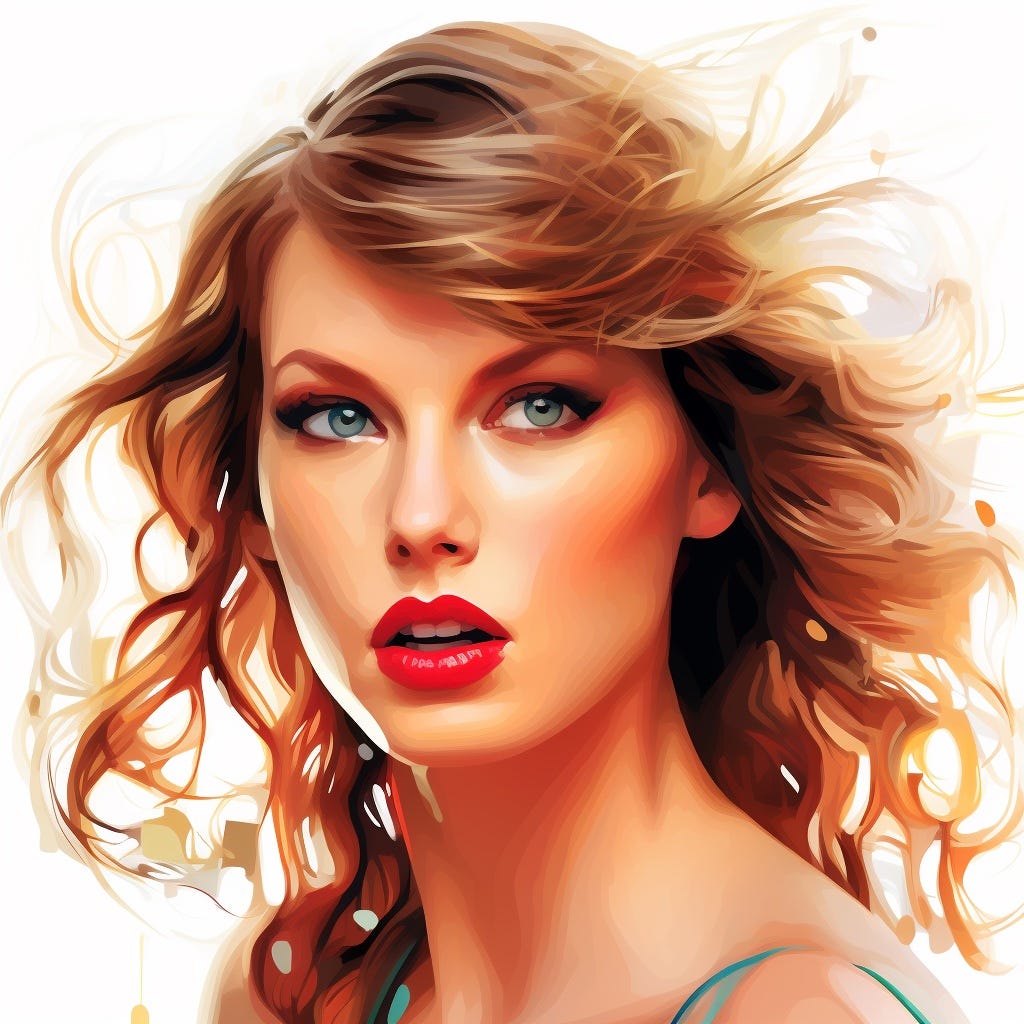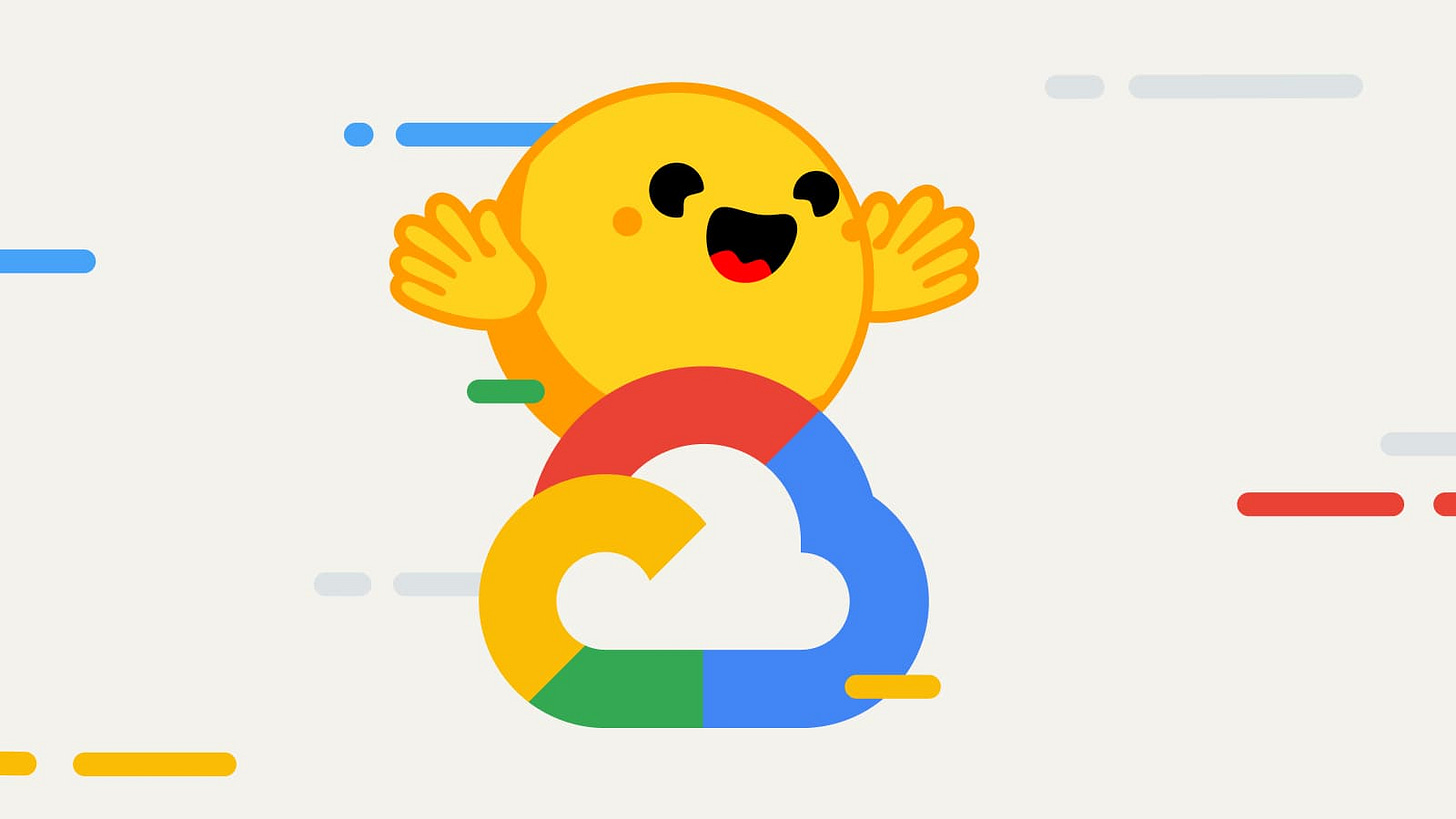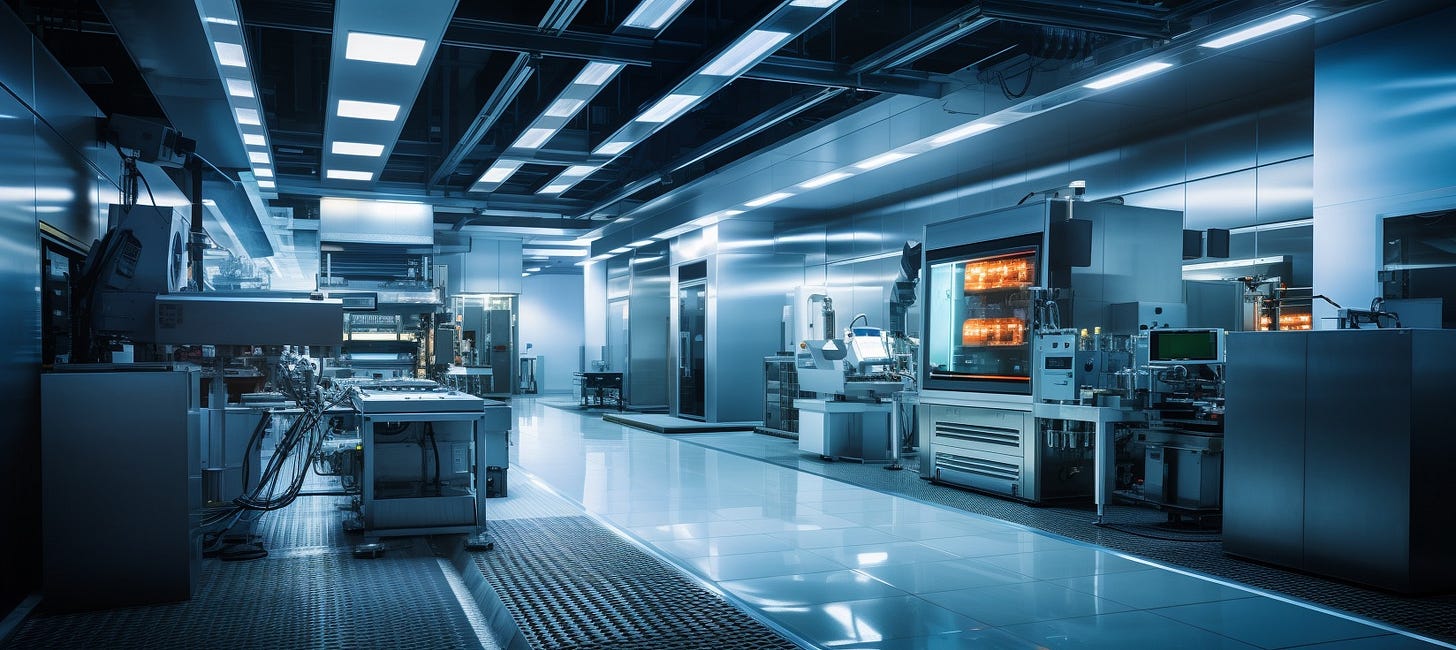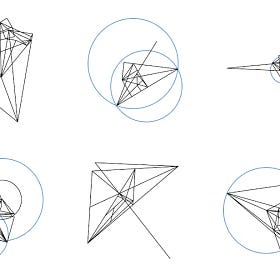AI Roundup 051: The Taylor Swift thing
January 26, 2024.
The Taylor Swift thing
Twitter exploded yesterday with AI-generated porn of Taylor Swift. One post in particular had over 45 million views before being taken down.
Why it matters:
Deepfake tech isn't new. Deepfake porn isn't new. But the barrier to entry for creating celebrity fakes is now so low that they're going to break into the mainstream more and more often.
And the more viral moments like this, the higher the odds of a backlash against AI image generation as a whole - meaning more regulation and more lawsuits.
The images, of course, violate Twitter's TOS. But a skeleton crew of moderators means more images circulating for longer - which doesn't bode well heading into 2024's elections.
Elsewhere in non-consensual AI content:
George Carlin's estate sues Dudesy, the company behind an AI-generated comedy special featuring the late comedian’s likeness.
A robocall using an AI version of President Biden's voice told Democrats to avoid voting in New Hampshire's primary this week.
And a look at how AI voice cloning is being used to drive the next generation of financial scams.
Hugging Face, Google Cloud
This week, Google Cloud and Hugging Face announced a partnership to "democratize good machine learning."
Between the lines:
The details are pretty vague - it seems Hugging Face models can now be easily deployed inside of Google Cloud, though Reuters is also reporting a revenue share agreement.
Hugging Face is also one of Google's many AI investments - some of which are now being scrutinized by the FTC.
Elsewhere in Google AI:
Google Research details Lumiere, an AI video tool with a new architecture for creating videos in one smooth process.
Google Chrome is getting a batch of AI features, including tab organization, theme customization, and writing assistance.
And new filing shows Google is cutting ties with Appen, the data-labeling firm that helped train Bard (as well as other models from Microsoft, Meta, and Amazon).
Fab labs
Last week, reports detailed Sam Altman’s talks with investors and manufacturers about launching a new chip venture. Now, he's discussing the idea with members of Congress.
The big picture:
The US is simultaneously budgeting billions for domestic chip production and preventing China from buying chip exports.
Meanwhile, almost every AI company (except maybe Meta) is constrained by the available supply of Nvidia's GPUs. And most of those GPUs are manufactured overseas (specifically by Taiwan's TSMC).
Whether it's Sam Altman or not, there are very strong incentives for someone to build a US-based alternative to (or extension of) TSMC.
Elsewhere in chips:
Intel begins production at its Fab 9 facility in New Mexico. The plant is the most expensive facility of its kind - it cost Intel $3.5 billion to build and equip.
Chipmaking startup (and AI supercomputer maker) Cerebras is looking to IPO as soon as this year, with a targeted valuation above $4 billion.
And Google settles an IP lawsuit with Singular Computing, which alleged Google infringed on patents when designing its Tensor Processing Units.
Things happen
OpenAI's new embedding model and pricing updates. Apple's plans to bring generative AI to iPhones. The White House will work with China on AI safety, despite trade concerns. AI researchers think fakes will become undetectable. Headlines Beta, a service that generates AI headlines from live news broadcasts. Microsoft briefly becomes a $3 trillion company. AI is coming for architecture. OpenAI suspends Presidential candidate's chatbot. British intelligence warns AI will cause surge in ransomware. AI is fundamentally a labor-replacing tool. 88% of top news sites now block AI web crawlers. How AI is changing gymnastics judging. An interview with Rabbit CEO Jesse Lyu on the R1 viral success. ElevenLabs achieves unicorn status with new $80M funding round. OpenAI no longer shares its government documents. Nightshade, the tool that "poisons" AI models. AI art is the new stock image. I love my GPT, but I can’t find a use for anybody else’s. "useRalativeImagePath" makes GPT-3.5 crash. What kind of bubble is AI? Canada's first case of AI-hallucinated case law. New MIT study suggests AI won’t steal as many jobs as expected.
Last week’s roundup
AI Roundup 050: Synthetic Geometry
A new Google Deepmind model, named AlphaGeometry, can solve International Math Olympiad problems at a near-gold medalist level. There are a few caveats.







Thanks for staying on top of all this, Charlie! I'm not sure I'm ready for all the deepfakes we're gonna see through the end of this year. Yikes.